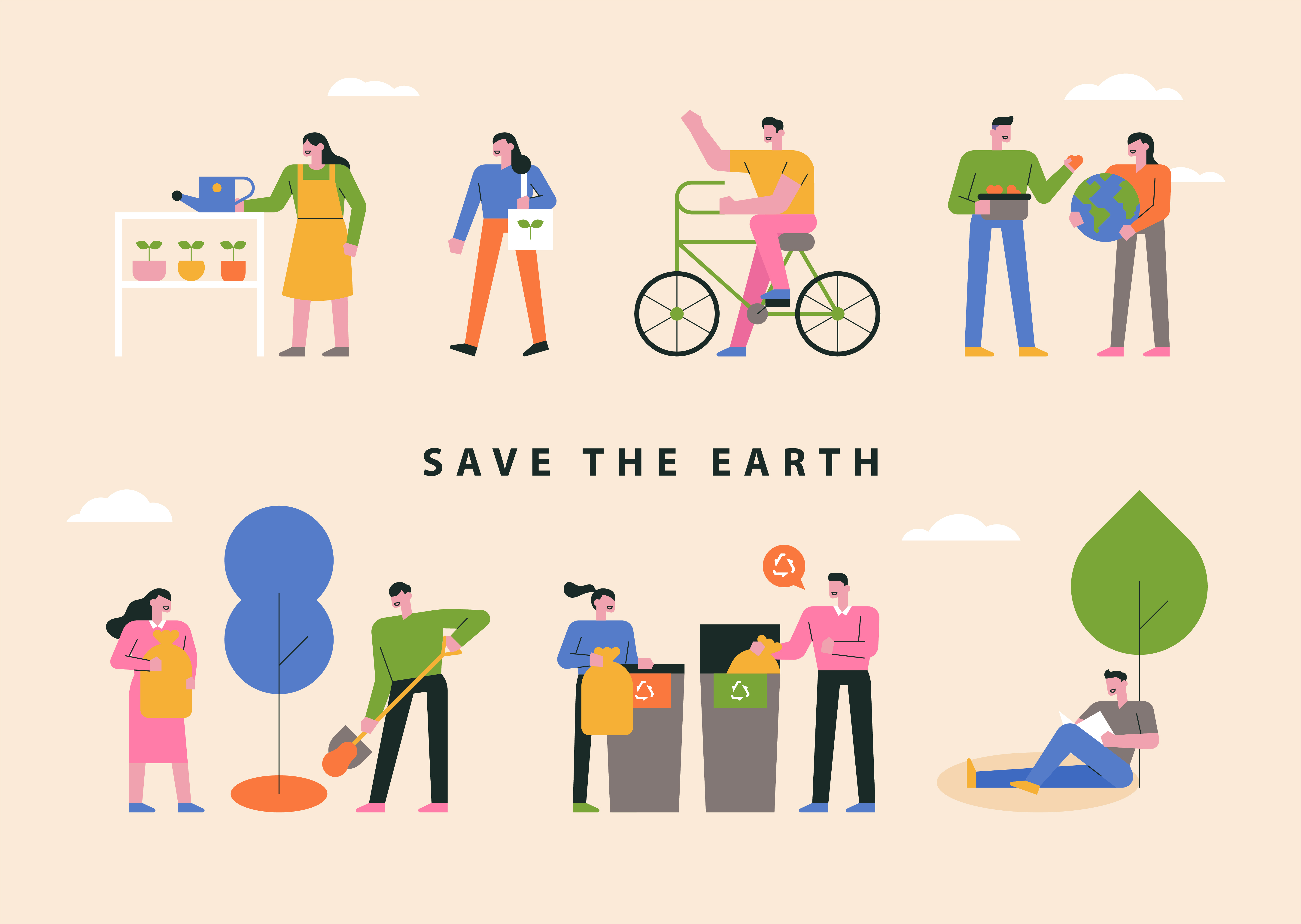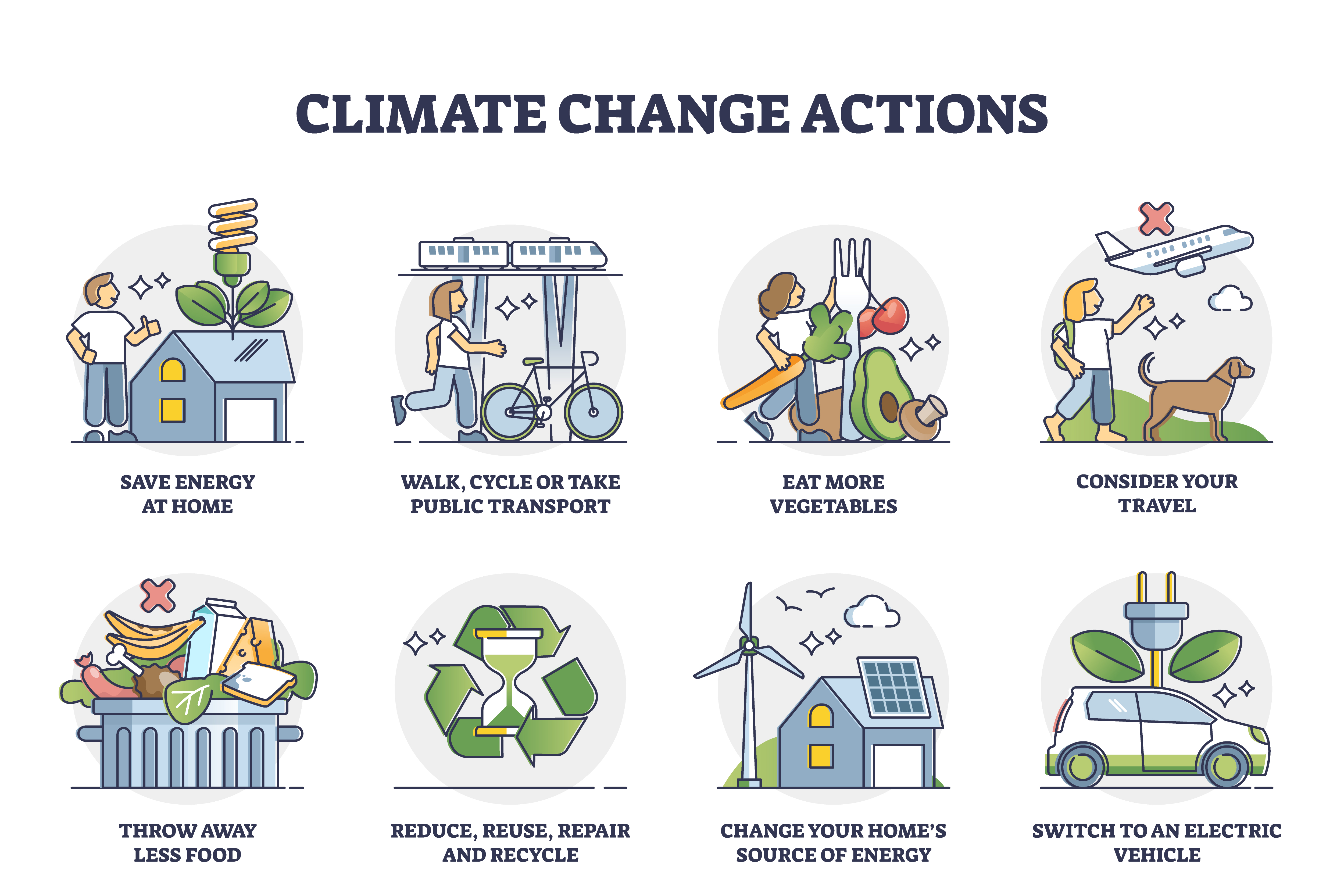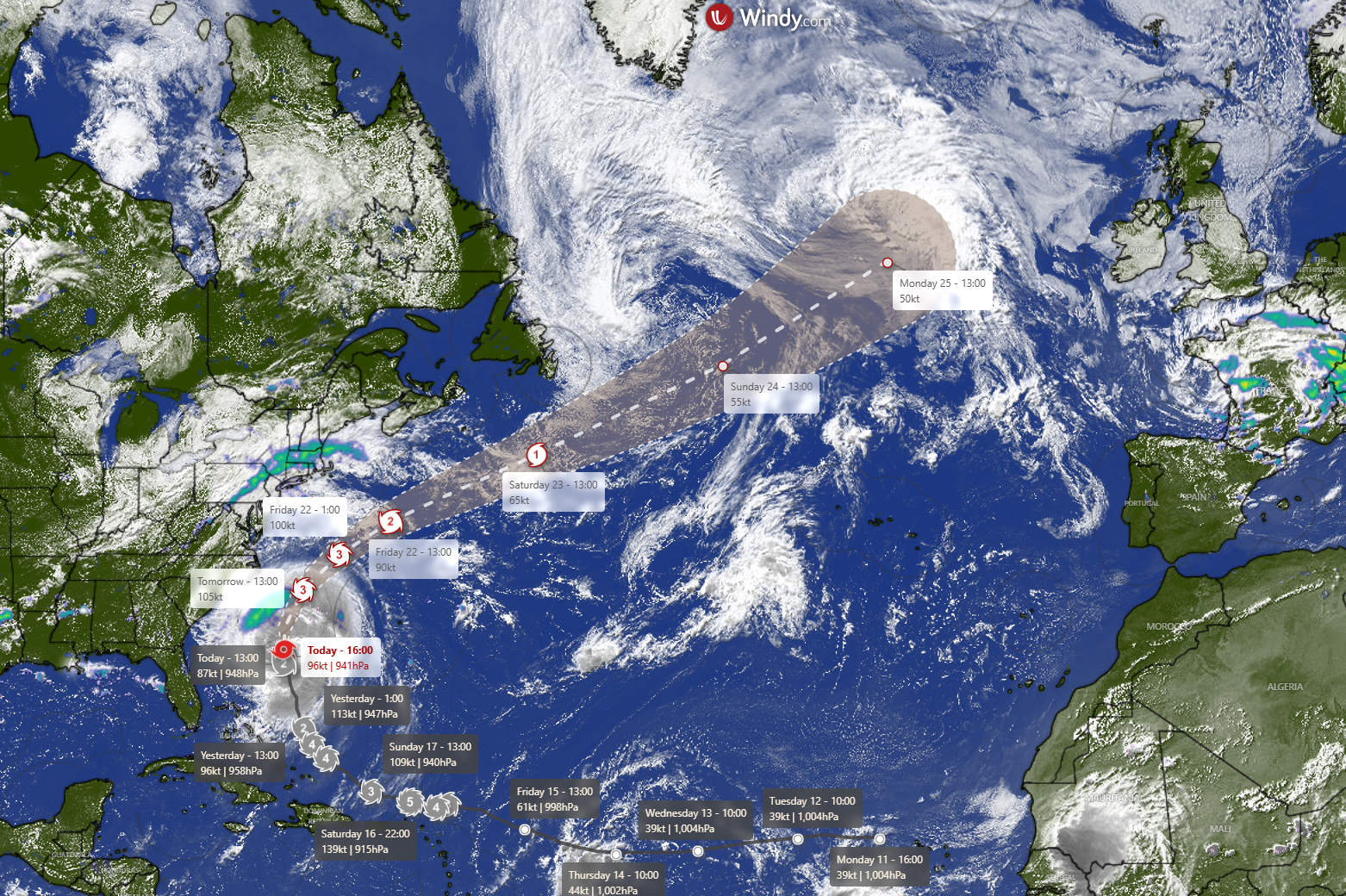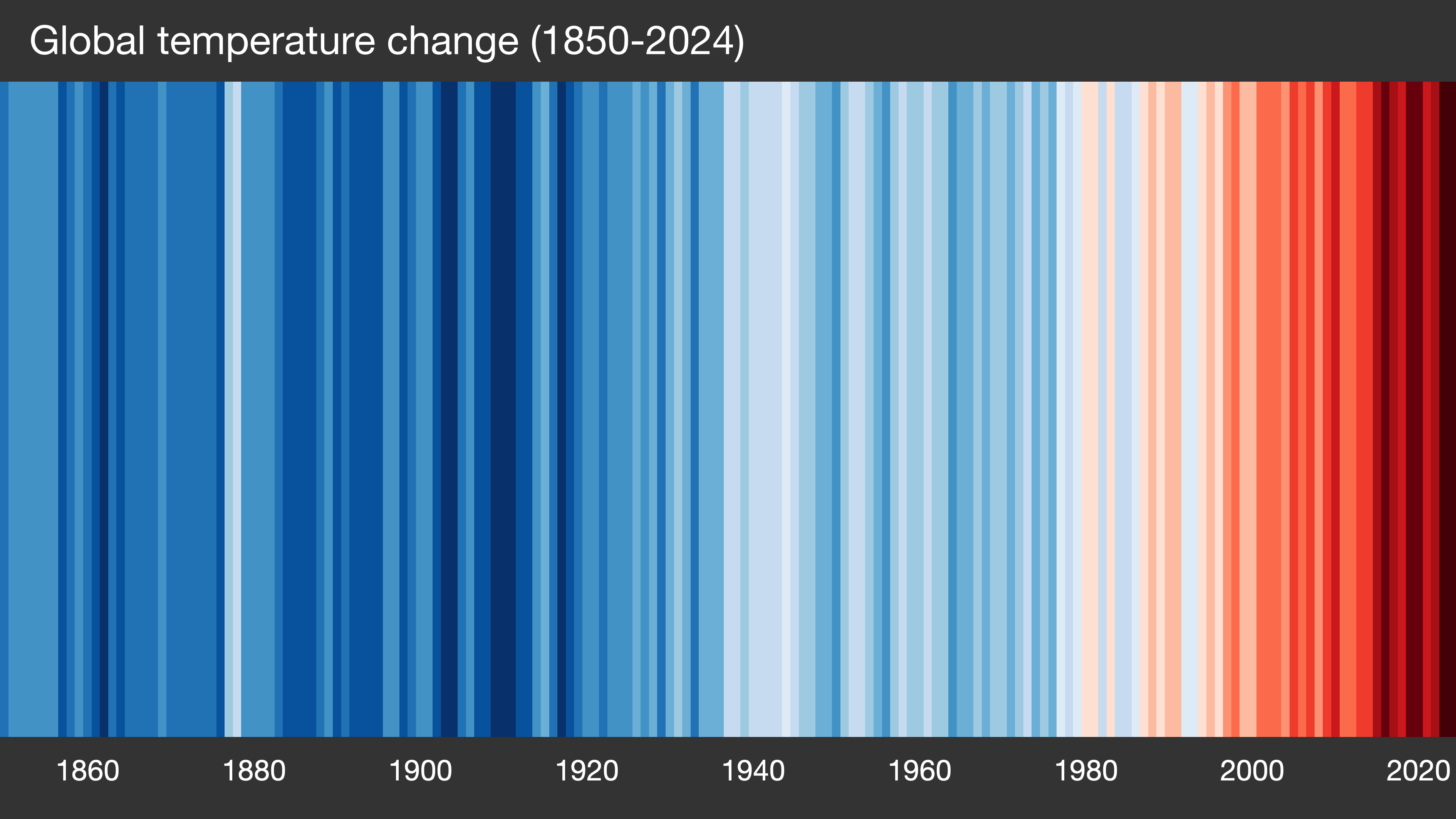

The real impact of climate actions
We know that the climate emergency is the number one value that unites the planet[1], ahead of topics surrounding education, religion, healthcare, politics and more, with 83% of global citizens believing that we are heading for an environmental disaster unless we change our habits quickly[2]. These figures are hardly surprising when we consider that more than three-quarters (77%) of citizens across the globe say they have experienced the effects of climate change not only in their country but in the specific region where they live. This figure rises to more than 90% in South America[3] [see Figure 1].
The experience of climate change varies based on where people live. In Canada and the Middle East/Africa it is the intense heat, rising temperatures, and heatwaves; in Europe it is the disruption of seasons; in North America it is the storms and cyclones; in Asia the floods, rising water levels; and in South America it is the declining water levels and extreme drought[4].
And people across the globe have come to understand the intrinsic link between our ability to exist and thrive as a race and our use or abuse of the planet, with two-thirds of people across the globe believing that the COVID-19 pandemic is linked to our misuse of the environment[5]. Almost a suggestion that nature is fighting back.

However, when we look at behaviours and choices that citizens could take themselves to reduce their carbon footprint, and contribute to slowing global warming, we see that there has not been any significant change in the behaviour of citizens over the past few years [see Figure 2]. This is despite 7 in 10 saying they know what they need to do themselves to help tackle climate change[6].
Why is this?
There are many factors but perhaps most prominent is individuals do not seem to have a good understanding of which consumption factors are most impactful in reducing their own carbon footprint. This is illustrated in Figure 3, where people were asked to consider a set of 13 consumption options and asked to select which three of those, they believed, would have most impact on reducing greenhouse gas emissions. This sub-set of 13 options was selected to span an original set of 61 options[7], covering consumption across multiple sectors, including transport, food, and housing, where the carbon footprint had been established.
The results clearly show that citizens over-estimate the impact of smaller changes, such as recycling, but underestimate the impact of more impactful consumption behaviours such as living car-free, changing to a vegan diet and refurbishing/renovating housing for efficiency. So, rather than the issue being that global citizens care but are just not acting, referred to as the ‘say-do’ or ‘intention-action’ gap, the real issue would appear to be more to do with a ‘believe-true’ gap – in other words, citizens do not fully appreciate and understand the behaviours that will have the biggest impact in reducing their own carbon footprint.
Layer on top of this the complexity around language used (e.g., net-zero, greenhouse gases, carbon footprint, global warming etc) and the amount of information that citizens are faced with in the news and on social media, as well as sustainability information linked to products and services, and it is easy to understand how confusing the whole topic is. For example, there are almost 100 eco-labels or green labels in the UK alone and more than 450 eco-labels worldwide[8] - how can consumers be expected to make sense of all of this to make more positive choices?
Ethnographic research conducted across the globe also highlights how powerless individuals feel when it comes to climate change. How can they as an individual make an impact alone? Research conducted by Ipsos for Earth Day 2022 shows that citizens accept that they have a significant role to play but also highlights that almost 7 in 10 citizens say that if governments do not act now to tackle climate change, they will be failing their citizens and the same proportion said that businesses need to act, or they will be failing their customers and employees[9].
There is a clear role for better educating citizens on the most significant steps which they themselves can take but also providing solutions (products, services, resources) which are sensitive to the challenges of peoples’ day-to-day lives. These must consider cultural factors, perceived vital to ensure any proposed solutions, whether driven by business or via government legislation, drive positive change. But the critical catalyst for change will be the joining up of citizen understanding, business action and decisive government legislation/regulation delivered at a local level through communities.
About the Author
Dr Pippa Bailey is the UK Head of Climate Change & Sustainability Practice, Ipsos
Pippa uses her background in consumer psychology to collaborate with research experts across Ipsos to help clients navigate and address the insight challenges and opportunities that sustainability presents.
She is active on the conference circuit (most recently at COP26) and has been widely published in the industry press as well as authoring and co-authoring Ipsos reports on topics such as ‘A Wasted Opportunity’, ‘Sugar, What Next’, ‘The Future of Sugar, Fat and the Obesity Crisis’ as well as being a regular contributor to the Ipsos MORI Almanac.
[1] https://www.ipsos.com/en/global-trends-2021-aftershocks-and-continuity
[2] Base: Global Trends Survey, 24,332 adults aged 16-75 (18-75 in US and CA) in 25 markets interviewed August - September 2021
[3] https://www.edf.fr/en/the-edf-group/climate-and-public-opinions-international-observatory
[4] https://www.edf.fr/en/the-edf-group/climate-and-public-opinions-international-observatory
[5] EDF & Ipsos Study, 30 countries, 16-18 ages, online, Sept 2020
[6] Source: Ipsos Global Advisor, online survey of connected citizens weighted to the national profile of each country. 19,520 adults aged 16-74 in 27 participating countries, January 18th 2021-February 5th 2021
[7] https://iopscience.iop.org/article/10.1088/1748-9326/ab8589/pdf





